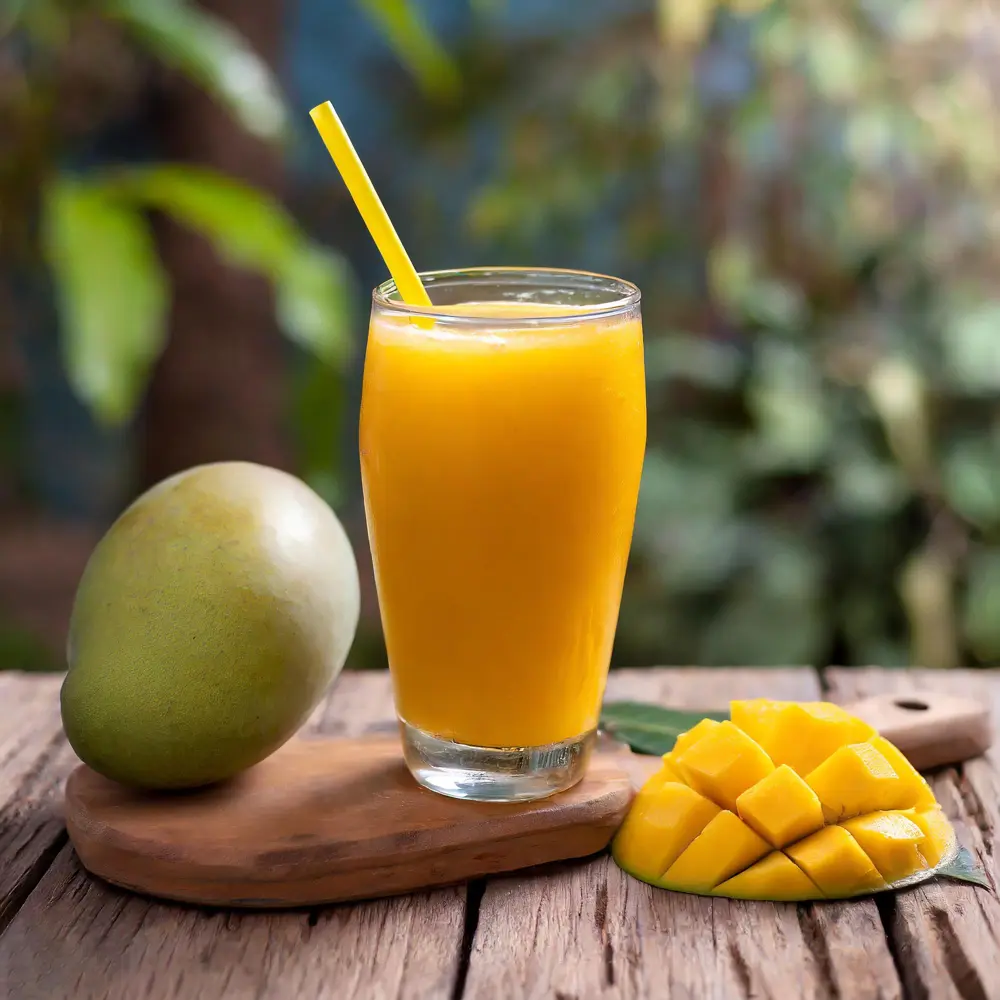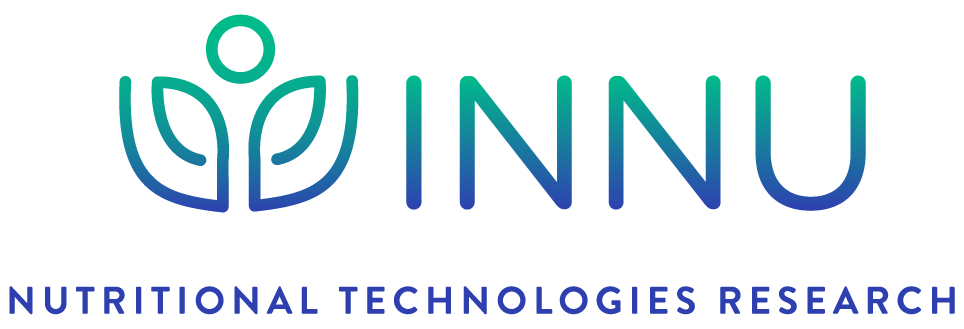As seen in recent years, obesity has done nothing if not grow and rise dramatically. This trend has sparked significant interest and efforts in understanding the causes of obesity and finding effective ways to address it. One particular complication associated with obesity is diabetes, a metabolic disorder characterized by elevated blood glucose levels that can cause a variety of health issues.
Diabetes is a global health crisis. As of 2021, 537 million adults worldwide were living with diabetes, a figure expected to rise to 783 million by 2045. This surge is closely linked to rising obesity rates, emphasizing the urgent need for preventive measures. The burden of diabetes is particularly heavy in low- and middle-income countries, where over three-quarters of people with diabetes reside.
What is glycemic index and how does it relate to obesity?

Public health professionals have established a direct link between obesity and the increased intake of high-caloric beverages, both in children and adults. Current recommendations promote the elimination of sweet fruit drinks from the diet due to their high caloric content and high glycemic index. Glycemic index (GI) is a measure of how quickly a food or drink causes blood sugar levels to rise. High-GI diets have been associated with an increased risk of obesity, diabetes, and other metabolic disorders.
One way to address this issue is by modifying the nutritional characteristics of beverages to improve nutrient uptake and utilization. Fortifying drinks with high-quality proteins and reducing their glycemic index can make them healthier alternatives, potentially helping to combat obesity and its related complications.
Alternatives: Protein’s role in glycemic control of fruit-based drinks

In a recent study, researchers aimed to improve the glycemic index of mango drinks by adding a blend of legume and cereal protein isolates, sweetened with either sucrose or stevia. The soy/maize protein combination was chosen for its potential to provide high-quality protein similar to casein and whey protein concentrate, but at a lower production cost. This makes it a promising option for low- and middle-income countries, where affordability could enhance accessibility, particularly for populations battling obesity and diabetes.
To assess the quality of soy/maize protein and its impact on nutrient intake, the study utilized a weaning rat model, evaluating several parameters. These included protein digestibility, which measures how effectively proteins are broken down by digestive enzymes and absorbed into the bloodstream as amino acids. Additionally, nitrogen retention, animal growth, and glycemic index were also examined.
Results indicated that adding 3.5% soy/maize protein significantly reduced the glycemic indexes of mango drinks. However, substituting sucrose with stevia/sucralose did not notably alter the glycemic response, indicating that soy/maize protein isolate shows promise in enhancing the nutritional profile and lowering the glycemic index of mango drinks, potentially offering greater benefits than simply replacing natural sugars with artificial sweeteners like stevia/sucralose.
The search for healthier beverages
Further research is essential to explore additional methods for enhancing the nutritional profile of fruit drinks beyond the common practice of substituting sugars with non-caloric sweeteners. While these sweeteners effectively reduce calorie intake, they do not contribute to enhancing protein content or overall nutritional value. Exploring alternatives, such as enriching fruit drinks with additional proteins, presents an opportunity to improve their nutritional quality. Therefore, further investigation into methods that focus on increasing protein content in fruit drinks is crucial for developing beverages that meet broader nutritional needs and preferences, particularly among today’s health-conscious consumers.


